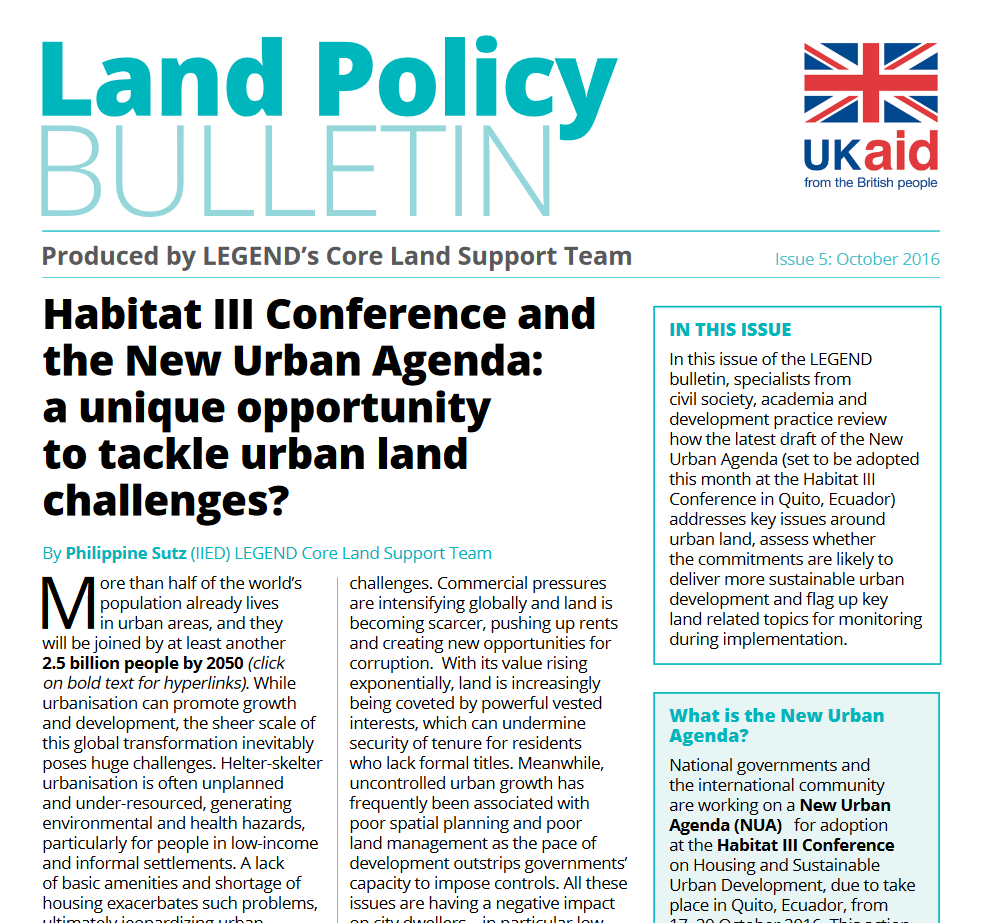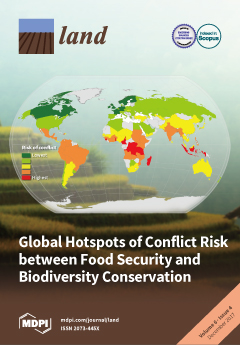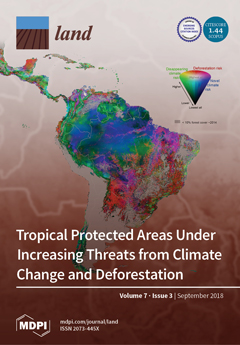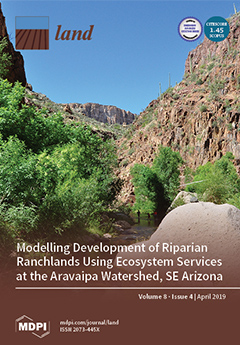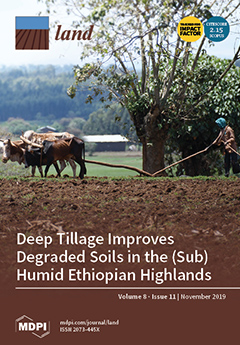The SPIRAL Project Brief
The UK Department for International Development (the “DFID”) plays a strong role in driving changes towards improving land rights protection, land-tenure information and responsible private sector land investments in developing countries. With funding from DFID’s LEGEND Challenge Program, Deutsche Welthungerhilfe (“WHH”) currently tests the CPCModel in partnership with a Sierra Leonean Investor under the SPIRAL-Project (the “Project”).



